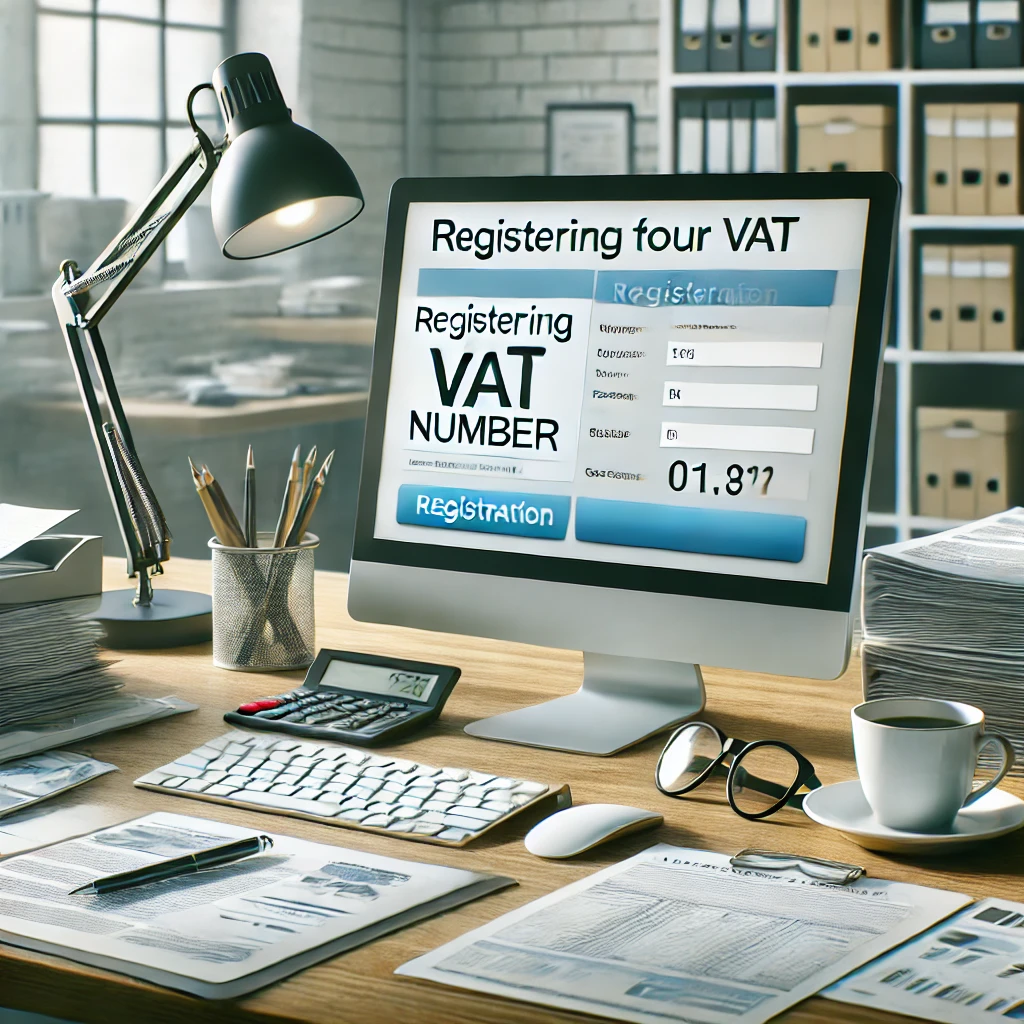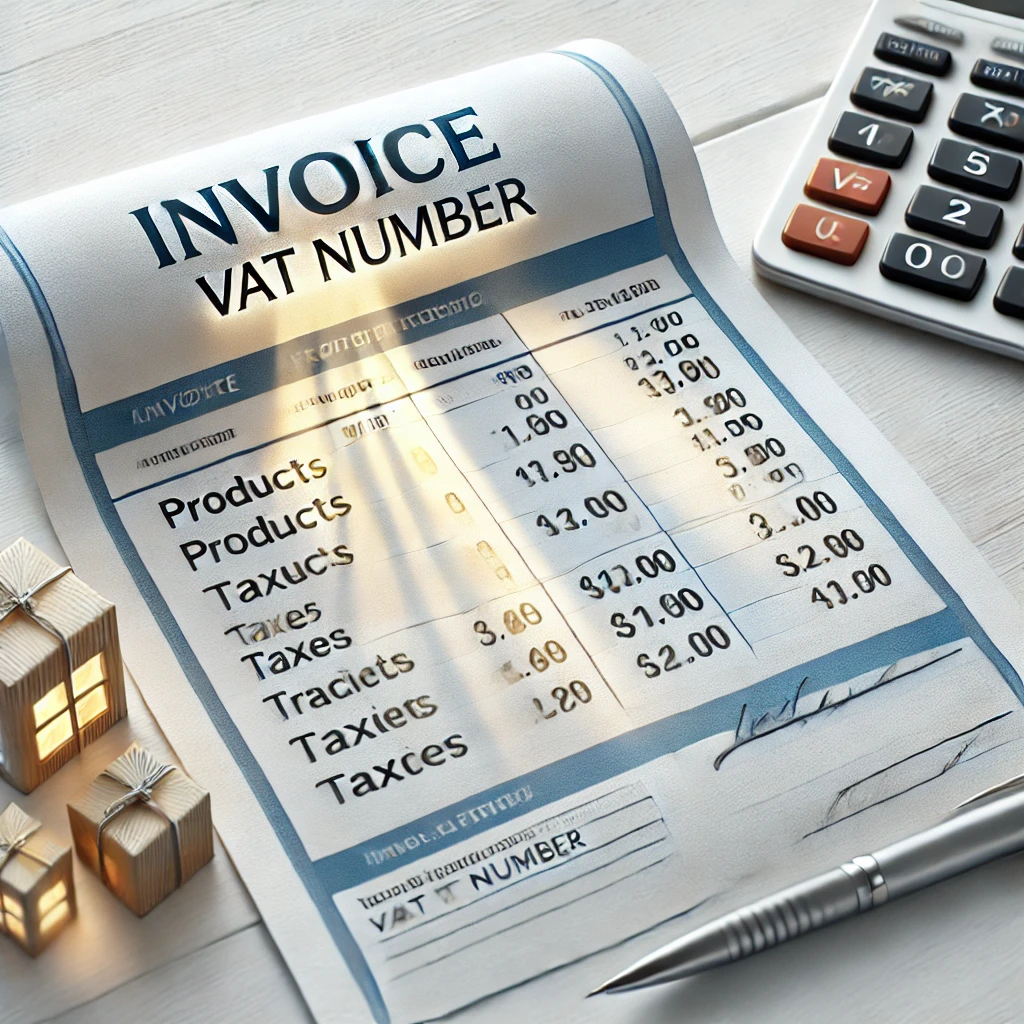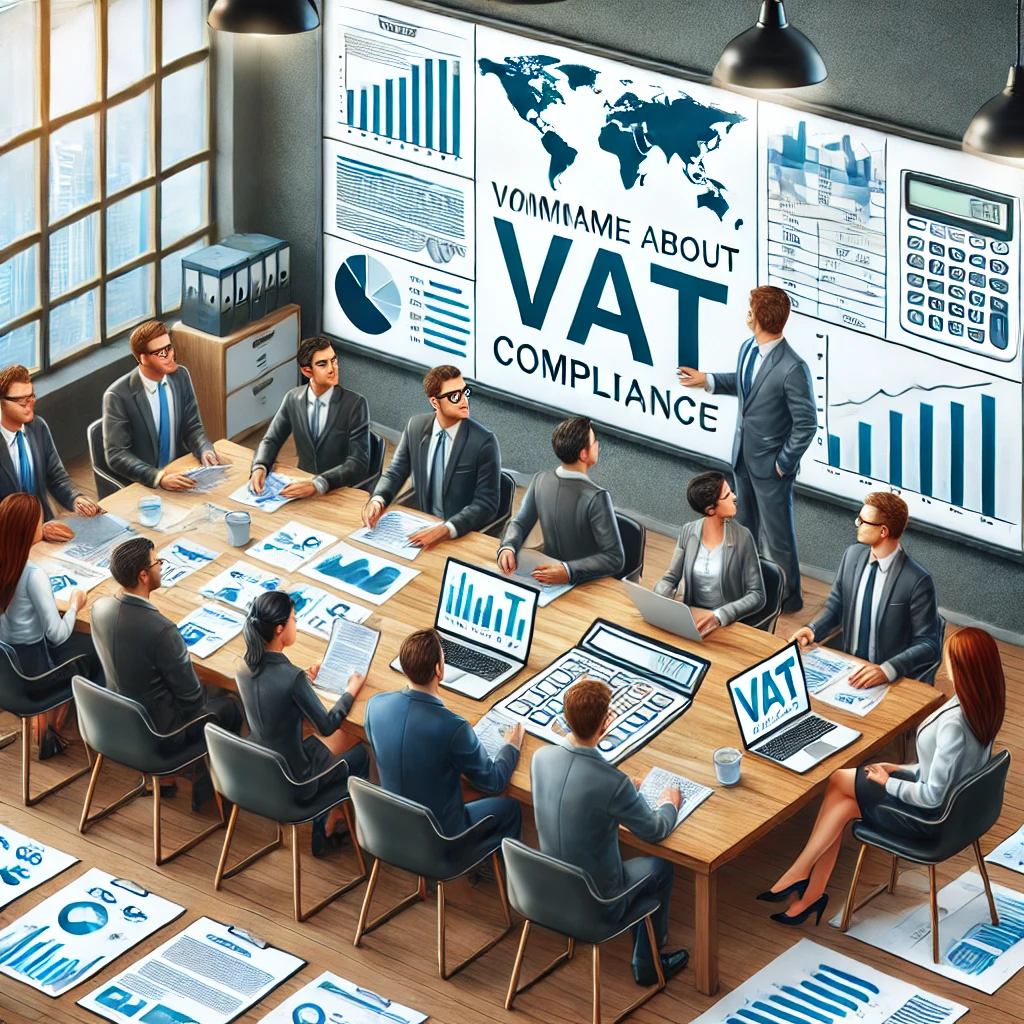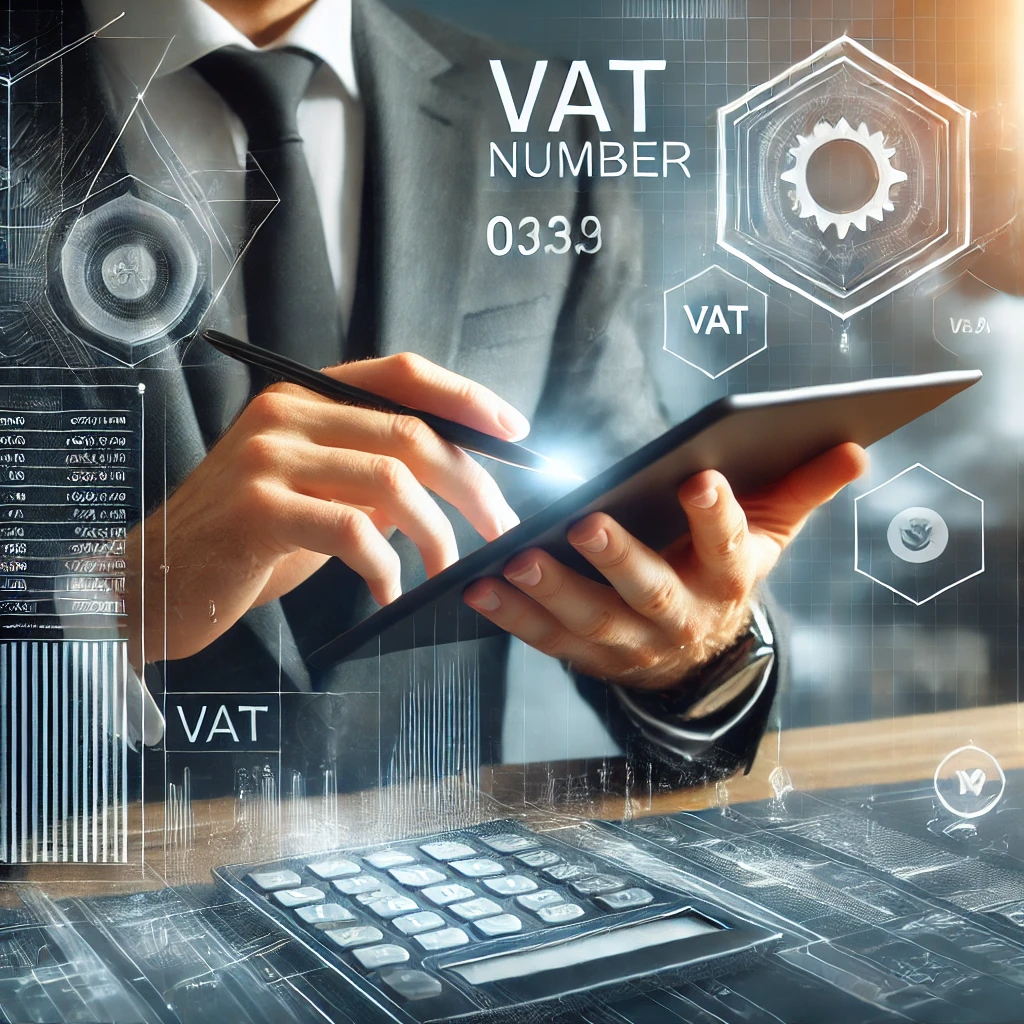An In-Depth Guide to What is VAT Number

What is a VAT Number?
A VAT number is a unique identifier assigned by tax authorities to businesses and individuals that are registered for VAT. This number enables businesses to charge, collect, and remit VAT to the government while also allowing them to reclaim VAT on eligible purchases. The format of a VAT number varies by country but often includes a combination of letters and numbers.

Key Features of a VAT Number
- Uniqueness: Each VAT number is unique to the registered entity, ensuring accurate tracking of VAT transactions.
- Country-Specific: VAT numbers often include a prefix that corresponds to the country where the entity is registered, such as “FR” for France or “DE” for Germany.
- Mandatory for VAT-Registered Businesses: Businesses that meet the threshold in their country must register for a.
- Verification: VAT numbers can be verified through official databases like the European Commission’s VIES system for EU countries.
Practical Uses of a VAT Number
- VAT Collection and Remittance: Businesses use their VAT number to charge VAT to customers and remit it to the tax authorities.
- Cross-Border Transactions: For international trade within the EU, VAT numbers help determine whether VAT is applicable to the transaction.
- Tax Reclaim: VAT numbers are essential for reclaiming VAT on eligible business expenses.
- Invoicing: VAT numbers must appear on invoices for transparency and compliance with tax regulations.

Why is a VAT Number Important?
For Businesses:
- Legal Compliance: Operating without a when required can lead to fines and legal issues.
- Professional Image: Displaying a VAT number on invoices and business documents enhances credibility.
- Tax Benefits: Registered businesses can reclaim VAT on eligible purchases, reducing their tax burden.
For Governments:
- Revenue Collection: VAT is a significant source of revenue for many governments.
- Fraud Prevention: VAT numbers help prevent tax evasion by creating a clear record of transactions.
How to Obtain a VAT Number
- Determine Eligibility: Check if your business meets the VAT registration threshold in your country.
- Prepare Documentation: Gather necessary documents such as business registration certificates, tax IDs, and proof of address.
- Apply Through Tax Authorities: Submit an application to the relevant tax authority in your country. This can often be done online.
- Receive Confirmation: Once approved, you will receive a to use in your business operations.

Common Misunderstandings About VAT Numbers
- Not All Businesses Need a VAT Number: In many countries, businesses below a certain revenue threshold are not required to register for VAT.
- VAT Numbers Are Not Universal: Each country issues its own , and they are valid only within their jurisdiction.
- Personal Identification vs. VAT Number: A is distinct from a personal tax identification number and is used exclusively for business purposes.
Conclusion
Understanding what a is and its practical implications is essential for businesses operating in VAT-regulated environments. It ensures compliance, streamlines financial operations, and fosters trust with customers and tax authorities. Whether you are a seasoned professional or a new business owner, obtaining and correctly using a is a fundamental aspect of running a successful business in today’s global economy.
